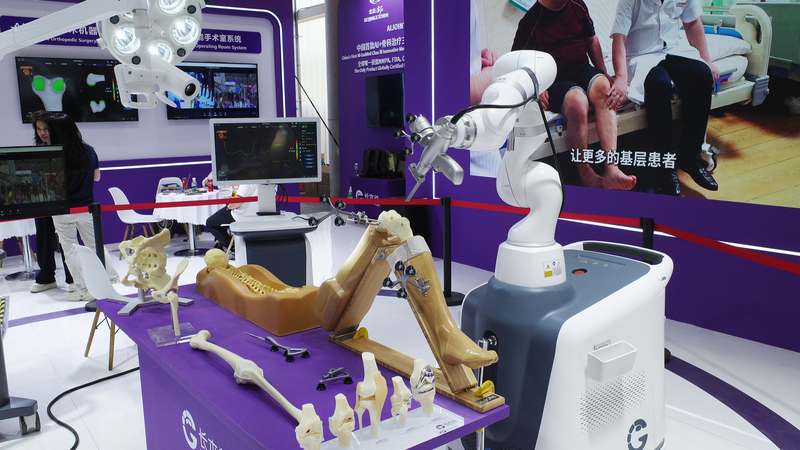The medical technology ecosystem in China is rapidly advancing, turning ideas once confined to science fiction into real-world solutions. The country's landmark invasive brain-computer interface (BCI) trial marks a significant milestone.
From Sci-Fi to Clinic
In this prospective clinical trial, a participant who had lost all four limbs was implanted with a state-of-the-art BCI device. After just two to three weeks of training, he could perform everyday digital tasks—typing, playing games—with speed and accuracy on par with a laptop touchpad.
China is now the world's second country to reach this advanced stage of invasive BCI development, underscoring its growing influence in global medical innovation.
“This trial sends a clear message to the global community. Chinese teams possess end-to-end capabilities, from core R&D all the way to clinical application,” said Zhao Zhengtuo, research fellow at the Center for Excellence in Brain Science and Intelligence Technology, Chinese Academy of Sciences.
Policy Momentum
To accelerate progress, the Ministry of Industry and Information Technology (MIIT), the National Development and Reform Commission (NDRC), and five other central agencies released a comprehensive guideline in August 2025. The roadmap sets phased goals for 2027 and 2030, covering upstream hardware breakthroughs, midstream BCI systems, and downstream application scenarios.
Industry analysts forecast that the BCI market in China will exceed 6 billion yuan ($835 million) by 2028 as clinical indications expand beyond paralysis to new therapeutic areas.
“BCI technology is poised to restore partial physiological function for patients with blindness or aphasia, and to provide therapeutic options for Parkinson's disease, epilepsy, Alzheimer's, depression, and autism,” said Jiang Xiaobing, chief of neurosurgery at Union Hospital, Tongji Medical College, Huazhong University of Science and Technology. “Each breakthrough brings new hope to these patients.”
From surgical robots that enhance precision in the operating room to invasive BCIs that reconnect the mind and machine, China’s innovations highlight the power of merging technology with healthcare. As global teams watch closely, these advances promise to reshape medicine and improve lives around the world.
Reference(s):
cgtn.com




